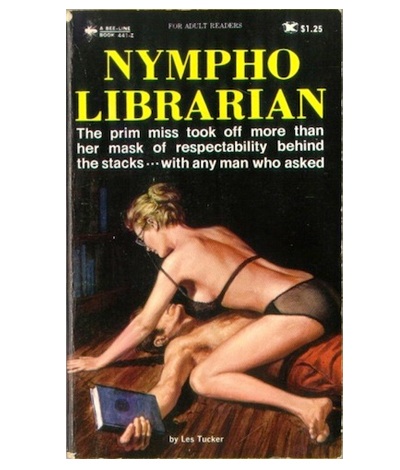This is a section of that article (highlights are mine) that particularly makes me shake my head in disbelief:
The e-book, by eliminating all variations in the appearance and weight of the material object we hold in our hand and by discouraging anything but our focus on where we are in the sequence of words (the page once read disappears, the page to come has yet to appear) would seem to bring us closer than the paper book to the essence of the literary experience. Certainly it offers a more austere, direct engagement with the words appearing before us and disappearing behind us than the traditional paper book offers, giving no fetishistic gratification as we cover our walls with famous names. It is as if one had been freed from everything extraneous and distracting surrounding the text to focus on the pleasure of the words themselves. In this sense the passage from paper to e-book is not unlike the moment when we passed from illustrated children’s books to the adult version of the page that is only text. This is a medium for grown-ups.Let's start with the last sentence. This is a medium for grown-ups? Hardly. It is a medium with particular appeal to the gadget-minded children of today who are living in a world in which they have never known a day of not plugging in to some electronic game, music gadget, video player, or smart phone. To them, e-book readers are the way of the world, another way to impress their friends (if friends are still impressed by someone reading a book, that is) that they are living "on the edge" of modern technology. Most adults are perfectly fine with a physical book, thank you, and find, once the new wears off, that e-book readers are largely to be dragged from a drawer and loaded prior to the beginning of another business trip or vacation.
As for e-books "discouraging anything but our focus on where we are," I submit that longtime readers find it more difficult to focus on the written words electronically than by reading those same words in a physical book. Distractions seem to more easily tear one's eyes from electronic ink than from the written page. It has been my experience, and that of several I have asked about it, that one's retention rate when reading an e-book falls somewhere between what one retains in listening to an audio book and reading a physical copy. Perhaps that is different for less experienced readers.
Experienced readers understand the value that different fonts and white spacing have in setting a mood and a pace for the reader. They understand that reading a classic novel in an early printing and binding can be a very important part of the reading experience. They understand that reading an e-book is a relatively sterile experience and that reading one e-book is much like reading any other e-book.
No, "e-books can't burn," but they can disappear into the electronic void at any moment or become inaccessible when an e-book reader crashes and burns. Publishers and sellers (as Amazon has done) can yank them back to make changes and edits any time they want to do so. Or, most troubling considering their ever-rising prices, e-book formats can (and will) change, pretty much making entire e-libraries obsolete when they do.
Do read Mr. Parks's article. I expect that many of you will agree with him and that others will find much of what he says to be as ludicrous as I find it to be. Let me know what you think.




























